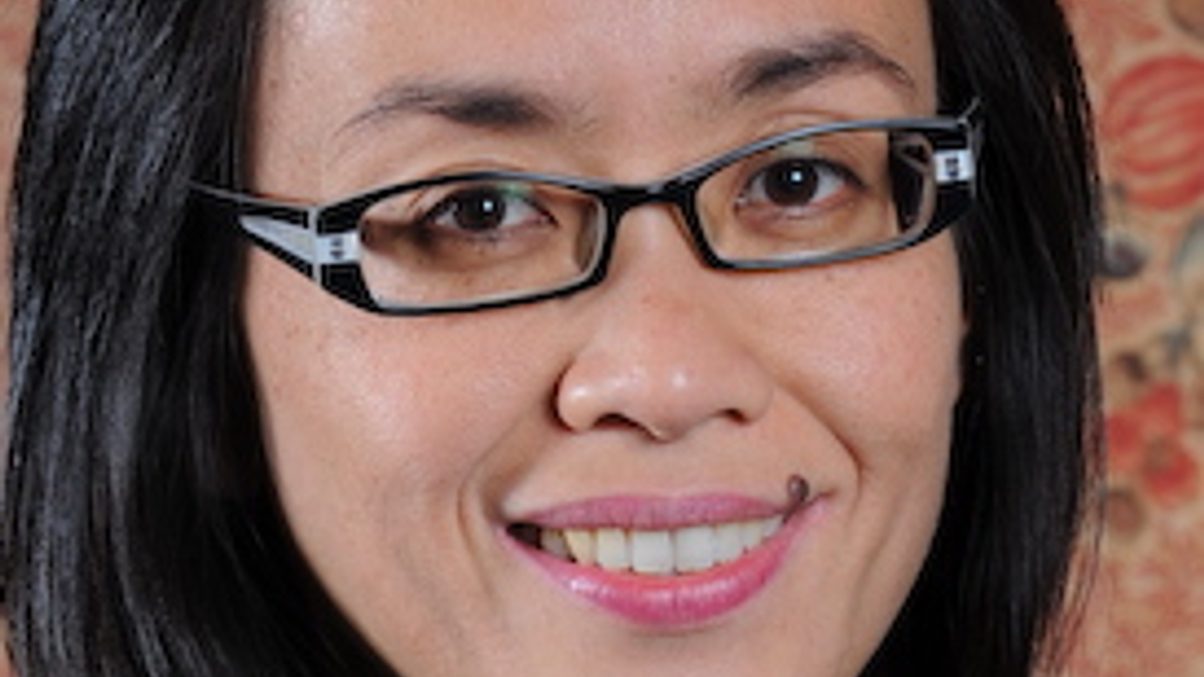Goldman Sachs AM forging Asia fixed-income strategies
The US asset manager has moved Owi Ruivivar to Singapore to develop its Asian bond-investment capabilities.

Goldman Sachs Asset Management is dedicating resources to develop investment strategies in Asian fixed income. The effort is being led by Owi Ruivivar, who has recently transferred from New York to Singapore.
Sign in to read on!
Registered users get 2 free articles in 30 days.
Subscribers have full unlimited access to AsianInvestor
Not signed up? New users get 2 free articles per month, plus a 7-day unlimited free trial.
¬ Haymarket Media Limited. All rights reserved.


